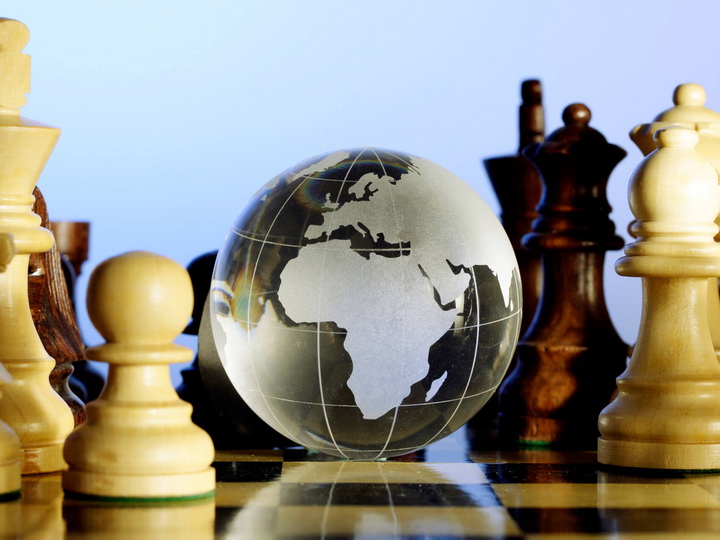The Global Art Of Influence In Geopolitics: A Conversation With Political Strategist James Wilson

Kenya’s annulled 2017 presidential elections were perhaps Africa's most expensive in recent history, with President Uhuru Kenyatta and his main challenger Raila Odinga spending millions of dollars on their respective campaigns.
Both men contracted internationally respected public relations firms which, through forward facing broadcast media, data mining and the manipulation of once-thought sacrosanct public bodies, aimed to change opinions and turn the tide in the favour of their candidate.
This is a trend now common worldwide and not limited only to the electoral process. For instance, the Armenian National Committee of America (ANCA) is purported to be a 'non government organisation’, but is widely believed to have deep ties to Russian influence. The Committee betrays Armenia’s post-Soviet nation's longstanding tradition as a proxy to its former motherland.
In Latin America, the hit documentary 'Our Brand Is Crisis'exposed the intricate detail involved in public perception and the manipulation of public opinion in Bolivia. North American contractors allegedly held focus groups, involving interviewees who faked tears in a deliberate attempt to pervert the minds of the people.
Ultimately, the art of 'influence' is an evolving one, in which longstanding institutions have had their mission statements rewritten to either the highest bidder or the opaque 'powers that be', those that host the ability to cut off funding if their respective wishes are not adhered to, both in the public eye and behind the scenes.
I recently had a conversation with James Wilson, an advisor to several African leaders and the Founding Director of the International Foundation of Better Governance regarding the state of influence of geopolitics to date.
What are your opinions regarding public relations or public affairs practitioners operating with relative impunity in the narratives of foreign countries?
There's no denying it; public relations companies must be more responsible and transparent in the way they operate; look at the fallout of Bell Pottinger, which originally stemmed from South African provocations of 'Economic Apartheid', undertaken by undercover operatives from Britain portraying themselves to be aggrieved, black South African nationals.
Such cases of 'smoke and mirrors' stoke deeply ingrained cultural tensions which could lead to physical turmoil and violence, albeit originally commissioned to pivot attention in this case from the Gupta family's indoctrination of public bodies into a climate of 'State Capture'.














